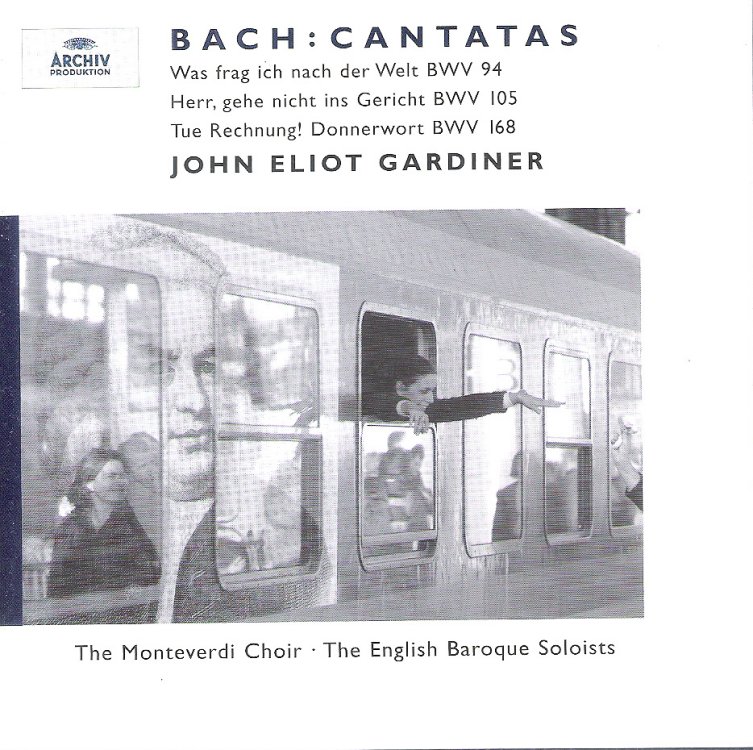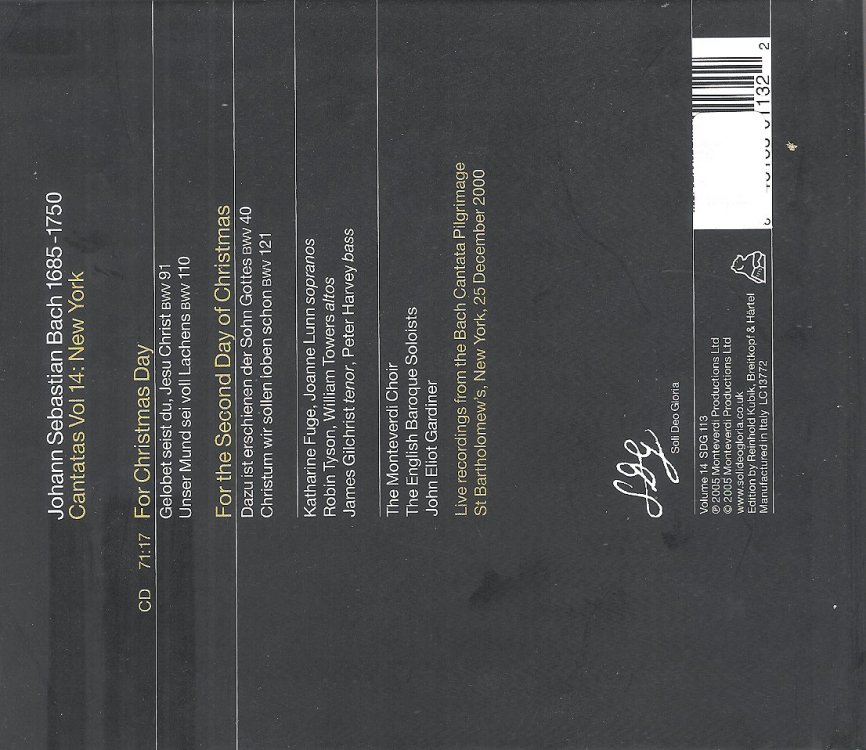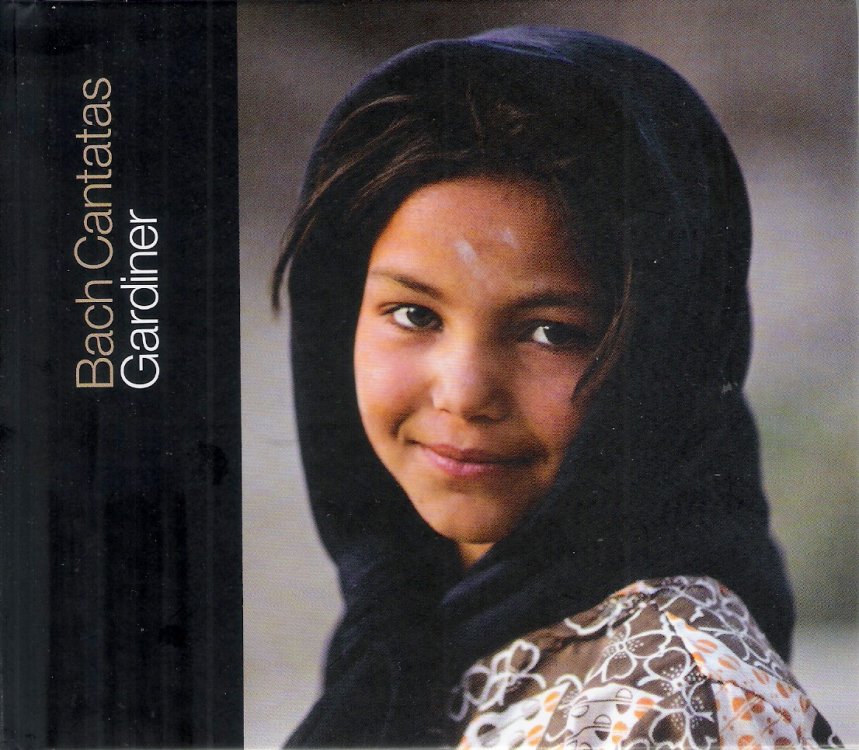

What inspired you to write this biography? I spoke with the author when he visited New York City recently. That began a lifelong love affair with the composer’s music, a debt that Gardiner repays with interest in this accessible but authoritative biography. No stranger to a broad swath of the classical canon, the 70-year-old conductor is an expert in the Baroque repertoire, and his history with Bach goes back to childhood, when he sang the composer’s motets with his family. Gardiner is the first to admit that reading a book about Bach’s life and times, even one with an insider’s awareness of the music’s particular difficulties (“those long, long phrases with nowhere to breathe”), does not explain the mysterious beauty of the music itself: “Analysis of musical structure has its uses,” he writes in his preface, “but it gets you only part of the way.” But if you read Gardiner, then listen to-or better yet, try to sing or play-the pieces he’s writing about, then you can’t help learning a lot. The finest chapter, “Bach at His Work Bench,” recreates what it must have been like to write, say, a cantata, thinking about which musicians and singers at the composer’s disposal had the chops to handle solos, overseeing slovenly copyists (and often stepping in to copy out the musicians’ scores himself), and then hurriedly rehearsing the piece maybe a day or two before the Sunday performance, all the while thinking ahead to the next week’s number even as he spent his days running a boys’ school.

And there are chapters devoted to tent-pole works such as the Passions, the B Minor Mass, and the cantatas (Gardiner knows the choral music best, so that’s what he concentrates on).

Gardiner solves this problem ingeniously, by writing about the composer’s time (the German states were just beginning to recover from the death and destruction of the 30 Years War), his religion (the Reformation was in full stride), and his profession (music was the family business, with uncles, cousins, and siblings all engaged as composers, choir directors, band leaders, organists, and teachers-all jobs Bach himself held at one time or another). So, because Bach himself was a man of few words, at least when it came to writing things down, a biographer has his work cut out for him. We know roughly as much about Bach the man as we know about Shakespeare. A man of parts, he also runs an organic farm in Dorset, England, where he raises cattle, sheep, and feed crops. Gardiner, not coincidentally, is a renowned, Grammy-winning conductor and a pioneering proponent of the period instrument movement, founder of the Montiverdi Choir and Orchestra, the Orchestre de l’Opera de Lyon, the English Baroque Soloists, and the Orchestre Revolutionnaire et Romantique.


 0 kommentar(er)
0 kommentar(er)
